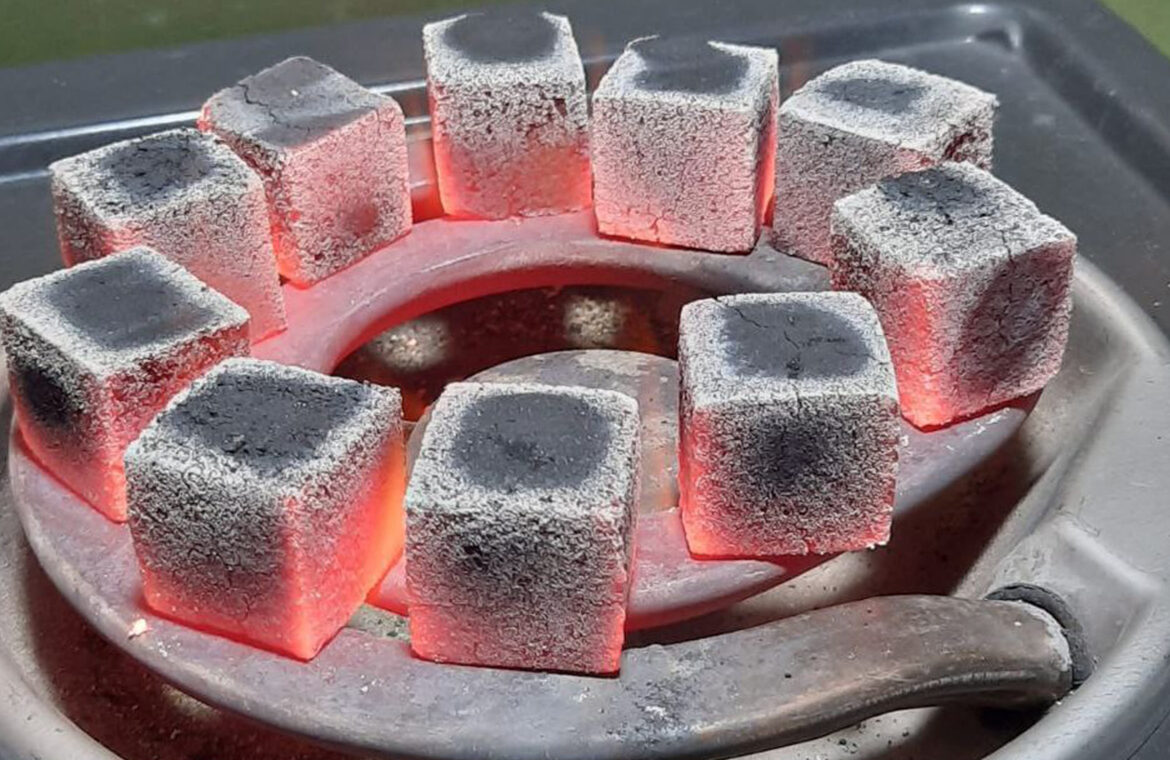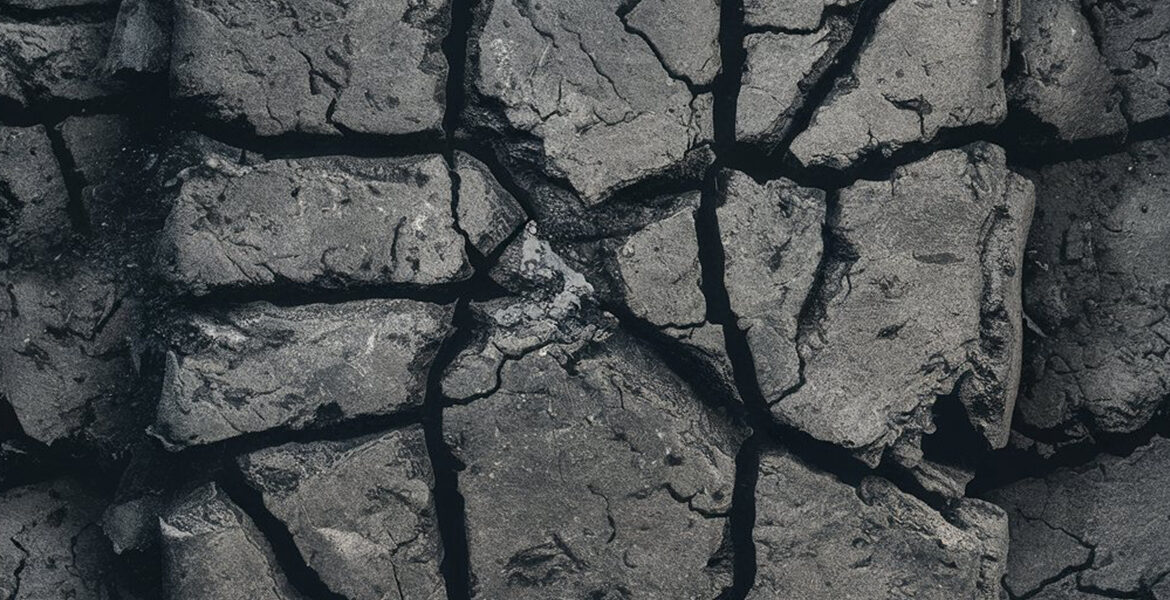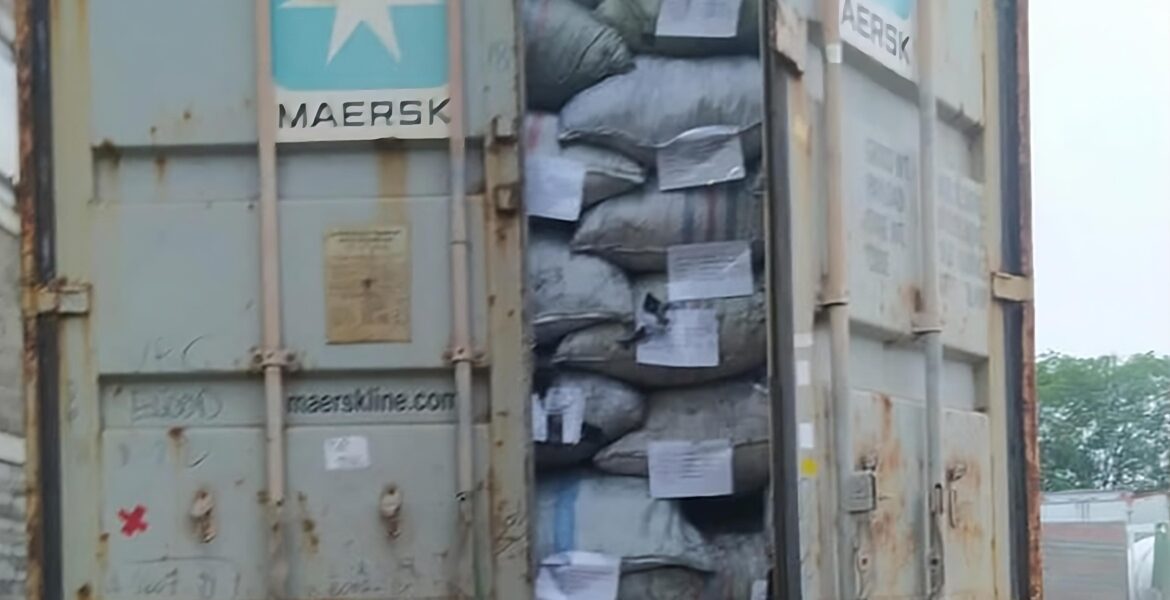As seasoned charcoal exporters, we’ve witnessed the rise of coconut charcoal as a popular choice among consumers seeking a cleaner and more natural alternative to traditional charcoal. However, amidst the growing demand for coconut charcoal, there exists a troubling reality: some factories may deceive consumers about the ash content within their products.
The Charcoal Dough Process
Coconut charcoal production begins with the creation of charcoal dough, a mixture of finely ground coconut shell and tapioca flour. This dough is carefully crafted and molded into uniform cubes or briquettes, ready for the next stage of the process.
Ovening and Cooling
Here’s where the story takes a deceptive turn: after molding, the charcoal dough is subjected to intense heat in an oven for a period of 2 to 4 days, depending on the desired quality. During this ovening process, the organic material within the charcoal dough is burned off, leaving behind inorganic ash.
After ovening, the charcoal cubes are typically left under the sun for an additional 3 to 4 days. During this time, the cubes may absorb moisture from the environment, causing the ash content percentage to decrease. This reduction in ash content is a normal and expected part of the process.
Deceptive Practices: Artificial Moisture Manipulation
Unfortunately, some unscrupulous suppliers exploit this process to deceive consumers. Instead of allowing the charcoal cubes to naturally absorb moisture, they artificially increase the moisture content by soaking or spraying the cubes with water. This added moisture increases the weight of the charcoal cubes, thereby reducing the perceived ash content when measured as a percentage of total weight.
Ensuring Product Integrity: The Importance of Independent Testing
The implications of this deceptive practice are significant. Consumers may unknowingly purchase coconut charcoal with falsely inflated ash content claims, believing they are getting a higher-quality product when, in fact, they are being misled.
Certified Laboratory Testing
So, how can consumers protect themselves from falling victim to deceptive practices? The answer lies in independent testing conducted by certified laboratories. At our facility, we employ rigorous testing protocols to accurately measure the ash content and other quality parameters of our coconut charcoal products.
Partnering with Reputable Suppliers
By partnering with reputable suppliers who prioritize transparency and quality assurance, consumers can ensure they are getting the genuine product they deserve. It’s crucial to look beyond flashy marketing claims and seek out suppliers who are willing to provide comprehensive documentation and third-party certifications attesting to the quality of their products.
Conclusion: Empowering Informed Decisions
In conclusion, the deception surrounding ash content within coconut charcoal is a serious issue that demands attention. By understanding the production process and the tactics used by unscrupulous suppliers, consumers can make informed decisions and protect themselves from being misled. Remember, the most crucial step in ensuring product integrity is independent testing conducted by certified laboratories.
In addition, it’s imperative for consumers to take proactive measures in verifying the quality of coconut charcoal products. One highly recommended approach is to obtain a sample of the product and conduct testing independently. This step not only provides first hand insight into the true ash content but also ensures the reliability of the product. Moreover, it’s advisable to acquire samples from various suppliers and compare their results to gauge consistency and authenticity. By personally testing samples in your home country, you can confidently assess the quality and make informed purchasing decisions, safeguarding yourself from potential deception in the marketplace. While we can provide samples, it’s important to note that the associated fees for handling and testing will be borne by you, the consumer.



